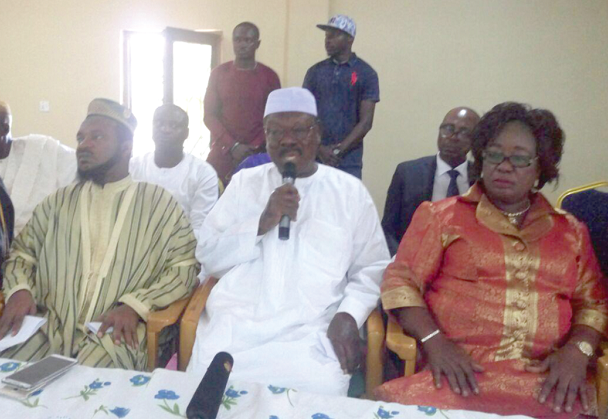
Hajj Board deploys ICT to manage pilgrimage
The Hajj Board has deployed information and communications technology (ICT) to manage and facilitate the travel processes of potential pilgrims to prevent people from being stranded and stampeded at the Hajj Village ahead of the trip to Saudi Arabia.
The system requires that individuals must first check their travel schedule, accommodation and other logistics online so that they will only report at the Hajj Village a few days before the scheduled day of travel.
The Chairman of the Board, Sheikh I. C. Quaye, announced at an interaction with stakeholders in Kumasi last Wednesday that 13 aircraft, seven from Accra and six from Tamale, would airlift about 6,200 pilgrims to Mecca from August 10, this year.
He said each person was expected to pay GH¢15,000 to cater for passport, visa, airfare, accommodation, feeding, internal transportation and medicals.
Preparations
The board has already interacted with stakeholders in Tamale with the aim of avoiding the mistakes of the past and giving Ghanaian Muslims the best treatment for their pilgrimage.
The team has already been to Saudi Araba for preliminary assessment of facilities and engagement of officials for better understanding and assistance on the trip.
Sheikh Quaye told the Muslim clerics that ‘a gargantuan’ hotel had been reserved for Ghana.
The services of Ghanaian cooks had also been sought in Saudi Arabia to prepare Ghanaian dishes to let the travellers feel at home, he said and added that a strong medical team had been put in place to collate the medical history of all travellers so that doctors would carry the appropriate medications to assist the pilgrims.
Assurance and debt
Sheikh Quaye gave an assurance that this year’s Hajj would be the best ever, following the preparations made ahead of the annual religious exercise.
He, however, said the board was reeling under huge debt, which included $1.8 million owed FlyNas of Saudi Arabia over airfares and local banks of GH¢12 million.
The debt follows previous arrangements where the board had to acquire loans to pay commitment fees on behalf of potential travellers who failed to honour their pledges.
Sheikh Quaye expressed the hope that the debts would be paid over a period.
